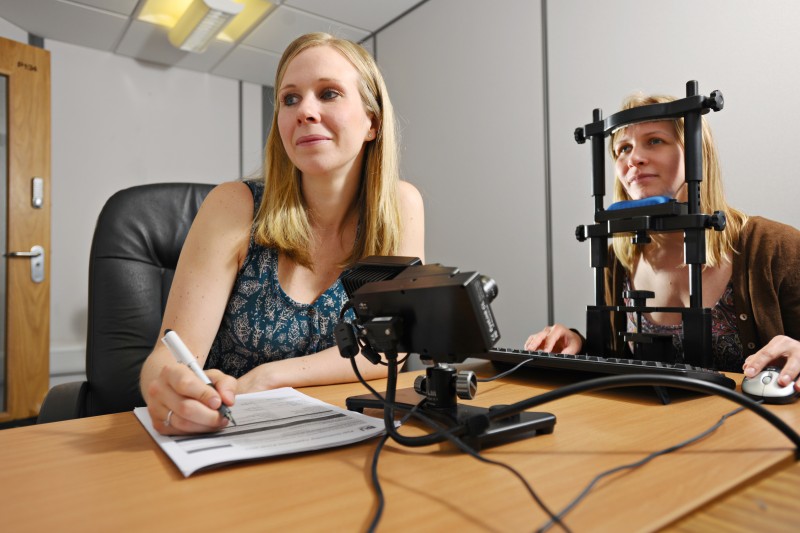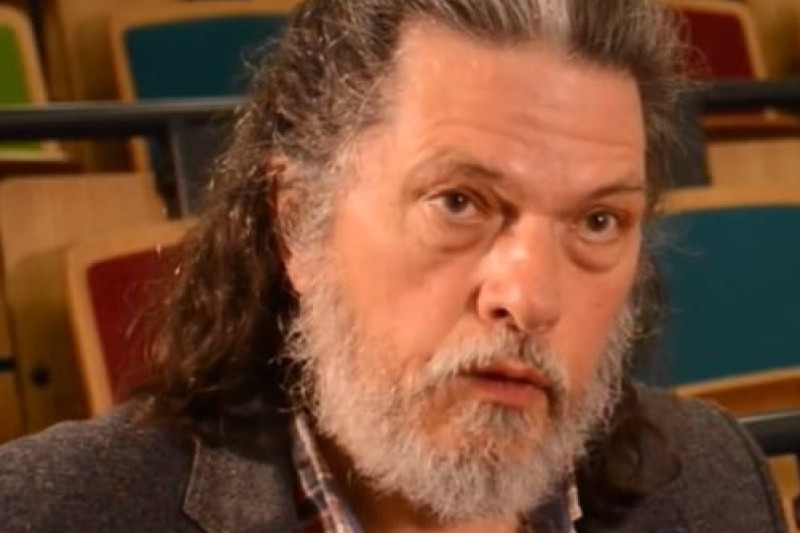Political engagement is defined here as a cognitive process. When the brain becomes stimulated by external stimuli, in this case relating to politics, elaboration occurs. Elaboration here means the connecting of thoughts, recognising the new information as important and relevant, a process that leads to having an attitudinal reaction. Political engagement is a necessary precursor for political participation and thus important for a vibrant civic culture.
Research normally mixes engagement with participation, with the cognitive dimensions usually reduced to processes that occur as a result of partisan affiliation or issue salience. In other words political engagement is taken for granted, ‘politics is important, ergo citizens engage’. However this is arguably a rather optimistic view of society.
In his seminal study of political participation, Olsen found political participation related to community involvement. Those citizens who were active in trade unions, church or community groups were also more likely to be involved in political activities. What Olsen failed to discuss is the scale of non-participation at any level of society. Similarly voter choices are determined by the salience of issues, their importance and relevance to the individual citizen. Does perceived non-salience predict non-voting, or is this a failure to become engaged?
This project is designed to explore the drivers of and barriers to engagement. Firstly we take a communication perspective, drawing on the field of communication psychology which as Lilleker’s work demonstrates offers hypotheses regarding how persuasive communication can lead to cognitive engagement. The theory here is that a combination of lifeworld events and communication stimuli lead to a moment of hot cognition, involving an emotional reaction to communication that spurs the individual into action. One aspect of this project is designed to explore these dynamics, determining what forms of communication can lead to activism and how this fits to the lived experiences of the individual.
Within the current political environment this project must also consider what messages elicit this hot cognitive effect. Increasingly it seems that non-progressive, nationalist, anti-immigration and populist movements gain much greater traction in public opinion than the corresponding campaigns of environmentalist or left-wing movements or indeed moderate or centrist political parties. Beliefs based on dubious factual information are gaining greater purchase over political attitudes, and consequently voting behaviour; is this because of the persuasive and manipulative capacity of populist communication; broader issues regarding political trust; socio-economic factors; or more fundamental problems in dealing with conflicting and complex arguments.
This introduces our second, cognitive, perspective regarding engagement. The abilities of citizens to process complex arguments may determine the extent they engage. The alternative being a shallow form of information processing that relies on simple heuristics, roughly described as general rules of thumb, regarding what is true and who can be trusted. Reliance on heuristics within a wide range of decision making contexts is found to cause predictable biases or systematic errors in reasoning and judgment.
This project will consider the lived experiences of individuals while also testing their abilities using the Cognitive Reflection Test (CRT) under which participants must coordinate the demands of comprehension and manipulation of information. The tasks are designed to elicit an immediate and incorrect ‘gut’ response that must be effortfully inhibited to be successful. The suggestion here is not that some people do not have the intelligence to make sound political decisions, but rather to acknowledge the body of evidence that indicates that, for many, and perhaps for most, there is a tendency towards a reliance on cognitive rules-of-thumb. This means political decisions made and conceived as being in the best interest of the decision-maker which in fact fall short of the good evidenced-based reasoning which they are seeking. Moreover, for some individuals there is a tendency to accept uncritically and unreflectively some arguments without applying even cognitive rules-of-thumb. Any one of these can mean that some people are more suggestible and likely to be manipulated into accepting persuasive arguments as their own opinion. This research will test in what ways CRT performance and suggestibility correlates with political affiliation, the appeal of populist candidates / political positions and voting behavior.
The perspectives informing our research map on to two scholarships currently being offered at Bournemouth University under the supervision of the team, these will lead to projects building on their work in the respective fields of political psychology, social movements and neuroscience.
Post-truth: its meaning and implications for democracy – Bournemouth University Workshop
Post truth, Oxford dictionary word of 2016, defines a phenomenon where beliefs, formed through exposure to media or campaigns’ use of cherry-picked data, seem more important than informed expert testimony. Its emergence has led it to occupy the minds of scholars, political journalists, politicians, policy makers and others who shape the world in which we live. In particular we have seen political campaigns exploit, manipulate and reinforce strongly held beliefs, distorting reality to encourage the disavowal of contrasting facts to shape attitudes and undermine support for the arguments of opponents. Such manifestations of post truth politics are a brutal reminder that we find ourselves in a time when politics, politicians and institutions are being undermined, which in turn poses a threat to the fundamental principles of democracy.
Our workshop, Politics in a post-truth era, held at Bournemouth University 10-11 July 2017, posed a number of questions which reflect the political developments of the past twelve months. How can we understand post truth, is it really new and what does a post-truth politics look like? What does post-truth tell us about the current and future state of democratic engagement and of democracy itself and what are the consequences of decisions taken based on misinformation or disinformation?
The initial focus was on the psychological and theoretical underpinnings of the post truth phenomenon, its emergence and development, as well as its practical realization and impact on social inequality and public marginalisation. The first panel involved Darren Lilleker, Barry Richards and Richard Scullion. In suggesting that belief systems shape an individual’s perception of society, Lilleker noted how data-driven campaigns can be designed to manipulate public understanding of how things are and how they ought to be. Citizens then seek confirmation bias as opposed to interrogating the claims and counter-claims of campaigns. Richards developed these ideas situating them in appeals made to narcissism and paranoia whereby “departures from truth are lies, delusions and phantasy”. On a similar theme, Scullion argued the “contemporary self, characterised by more narcissistic tendencies, desensitises our democratic rights but not responsibilities.” Relating this phenomena to recent political events he argued “Populist political outpourings are marked by vulgarity and personal truths that result from the cultural shift in our conception of ‘self’ that is both corroding the core pillars of our civilizing process and altering the nature of our engagement with democratic politics which has led to the destabilization of the contemporary notions of democracy”.
Putting these concepts into a more practical frame, Ruth Garland explored how political communication processes have challenged traditional notions of truth. In charting changes in the approach to news management, she noted these redefined truth to suit the governing ideology. This limited construction of truth in society, is according to Anastasia Deligiaouri, due to a prevalence of post truth narratives in contemporary politics with little recourse to referencing or cross-checking facts when reporting political communication.
Such issues have profound implications, not only for democracy but only for social equality. Melanie Klinkner and Alina Theimann argued that the absence of a single truth and misleading ways of presenting information stimulated people to trust arguments which draw on selective data, blindly relying on their emotions irrespective of the facts. Arguably, this can go beyond the demonization of opponents and leads to multiple distorted perceptions of reality that can lead to increased marginalisation through stereotyping and othering.
The phenomena of the post-truth, fake news social media environment was explored during the second day, noting post-truth entails more than fabrication but also actively seeking confirmation bias. Describing “post-truth as a symptom rather than a cause,” Susana Salgado argued that although post-truth is not a new phenomenon and lies by politicians are nothing new, people are bombarded by fake information online leading the distinction between facts and fiction to become increasingly blurred as blogs, social media, citizen journalism, etc are awarded similar credibility to other information sources.
Stamatis Poulakidakos and Anastasia Veneti reinforced this argument showing how fake news and post truth are “two interwoven phenomena that serve specific financial or ideological interests.” They suggest this to represent a re-invention of propaganda, showing propaganda and post-truth to be means of shaping public opinion. Daniel Jackson contributed to the discussion underlining the “heavy burden of journalists in determining truth claims.” He argued that in addition to fake news there are four other troubling aspects of political journalism that need to be taken into consideration: “an obsession with the spectacle of politics, an underlying cynicism towards politicians, an inadequate model for dealing with issues where the balance of evidence is not equal and a deepening distrust of the mainstream media encouraged by populist outsiders.” The debate led directly into a roundtable discussion on elections and referenda in a post-truth era, particularly referencing the UK Brexit referendum and US presidential campaign of 2016. Post-truth was here contextualised as contributing to atmospheres of irrational fears and hopes leading to citizens feeling disempowered and disillusioned and so fertile for manipulation by the next populist outsider’s post-truth campaign. Media literacy in education was highlighted as one panacea, as well as tighter regulation over media and political uses of language and rhetoric. Post-truth, participants agreed, was not knew, and the term if not inherently useful, however its emergence has brought renewed focus on dishonesty in democracy. The event reaffirmed the need for citizens to be better equipped to judge veracity within the complex 21st Century communication environment.
Elena Afromeeva, Mirjam Liefbroer and Darren Lilleker


